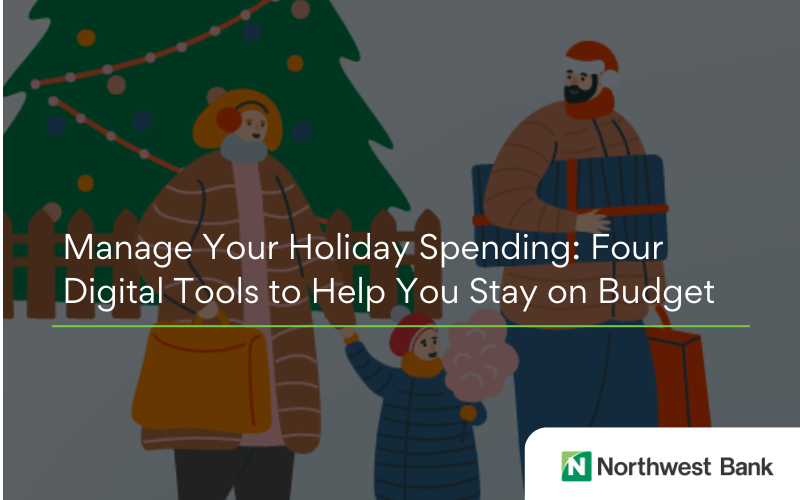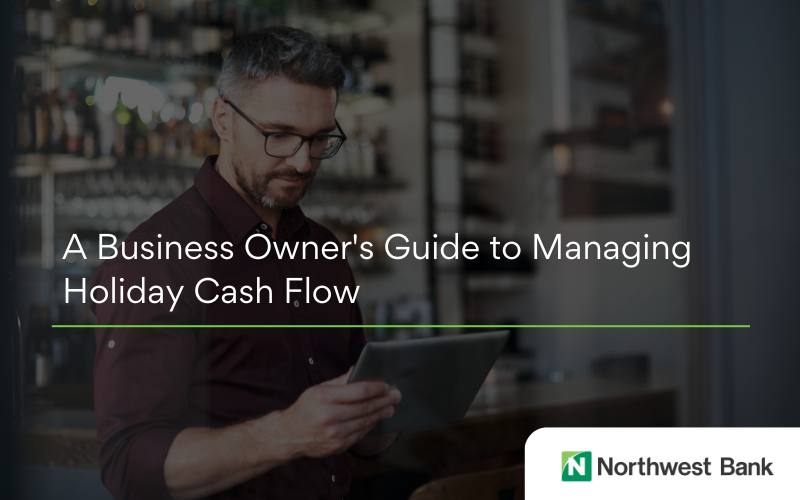Selecting a Leveraged Buyout Lender: 5 Factors to Prioritize
By Dan Delgadillo, Managing Director, Northwest Sponsor Finance
If you’re a private equity investor, you’re used to conducting comprehensive diligence on your target companies. In my 20-plus years of experience within the leveraged buyout (LBO) industry, however, I’ve discovered that understanding just as much about your lender can make or break a transaction.
Selecting the right lender is about more than just interest rates and loan terms. Ideally, you’re choosing a true partner in your LBO journey — a seasoned sponsor finance team that provides expertise, support and flexibility as you acquire and transform companies.
But what does that look like in action? Consider these five key factors as you explore potential lenders for your next LBO.
1. A dedicated sponsor finance team
Sponsor finance is complex and quite different from other forms of commercial lending. You want to seek out organizations with a dedicated team exclusively focused on supporting financial sponsors.
As you pursue lenders, consider sponsor finance teams that are evaluating transactions on a regular basis — for example, my team has looked at thousands of transactions and closed hundreds of deals over our collective careers. The volume helps us ask informed questions and provide guidance based on experience with previous deals.
The background of the team also makes a difference. For example, having lending partners with private credit expertise is extremely helpful. These lenders understand your business — cash flow financing, enterprise value and market trends — which adds value to the relationship.
2. A proactive, partnership mentality
Experience with sponsor finance goes hand-in-hand with a proactive approach to portfolio company reporting and monitoring. When working with sponsors, we closely track the target company’s financial performance. That way, if something is headed in an unfavorable direction, we can initiate a conversation and offer support.
For example, we recently worked with a sponsor who was struggling with an underperforming acquisition and was headed toward a potential default on the loan. We engaged with the firm early and negotiated some flexibility in their loan terms. This provided them with additional comfort and the means to get the target back on track. Understanding what’s happening and being involved means that we don’t overreact; instead, we catch issues early and try to solve them in constructive ways before they become significant problems.
3. Buy-in from the bank’s senior management
In addition to having a dedicated sponsor finance group, it’s essential to consider whether the bank’s senior executive team supports the line of business. Again, this goes back to being familiar with LBOs and having appropriate expectations. When the bank’s senior executives endorse the sponsor finance strategy and trust its team leaders, they’re more apt to support a flexible and problem-solving approach to financing transactions and maintaining strong relationships. This allows the sponsor finance team, the bank and the borrower to be aligned on transaction goals, creating better outcomes for all parties involved.
4. A focus on asset-light businesses and value-based lending
If you’re exploring lenders to finance an LBO, be wary of banks that want to structure around the target company’s assets. This usually means they’re uncomfortable with leverage-based lending and oftentimes have tighter amortization schedules to force a borrower to de-lever quickly. They are not valuing the true intrinsic value of the company, which may not be ideal for LBO investors.
Instead, you want to partner with a bank that lends against the target company's value. At Northwest Sponsor Finance, we consider ourselves true enterprise value lenders. To that end, we can support add-on acquisitions and buy-and-build strategies that roll multiple targets into a new, more valuable entity. The bottom line is that you want to find a lender that’s comfortable financing these types of deals and understands the value they create.
5. A partnership that goes beyond pricing
Shopping for interest rates and loan terms is common for less complex deals. However, when it comes to finding a lender for an LBO, the loan pricing should be part of the picture — not the whole thing. I’ve seen many situations where a firm selects a bank based solely on its loan pricing, especially when the price is an outlier to the rest of the market.
However, if the post-close performance doesn’t go as planned, that partnership can quickly become problematic. And replacing an incumbent lender with another, more experienced bank later in the game can be challenging, to say the least. Most private equity investors understand that 100 or 200 basis points aren’t enough to significantly impact the projected returns on an LBO, but an unsupportive partner can derail the entire transaction. Loan pricing matters, but be careful of prioritizing the cost over the expertise of a lender familiar with the private equity business model.
LBOs present the opportunity for interesting, innovative and lucrative transactions. Having the right finance partner can help you put that deal on the path to success. Interested in learning more about Northwest Bank’s Sponsor Finance Team?




